The Center for Artistic Activism regularly publishes articles, books and essays on artistic activism.
The Art of Activism: Your All Purpose Guide to Making the Impossible Possible
This accessible, richly illustrated guide shows how to create progressive social change by mixing the emotional power of art with the strategic planning of activism. From O/R Books.
The Art of Activism brings together the authors’ extensive practical knowledge—gleaned from over a decade’s experience training activists around the world—with theoretical insights from fields as far-ranging as cultural studies and cognitive science. More at artofactivismbook.com
The Art of Activism: Workbook
Artistic activism isn’t just a set of ideas, it’s a practice. This companion to The Art of Activism is designed to help you develop the skills necessary to become the most æffective artistic activist you can be. For over a decade, the Center for Artistic Activism has been researching and creating training materials to help artists and activists make the impossible possible. In 50 easy-to-follow exercises, you’ll practice the techniques, perspectives, and approaches that we’ve seen lead to creative and impactful actions and campaigns. More and a free PDF at artofactivismbook.com/workbook
Additional Publications
-
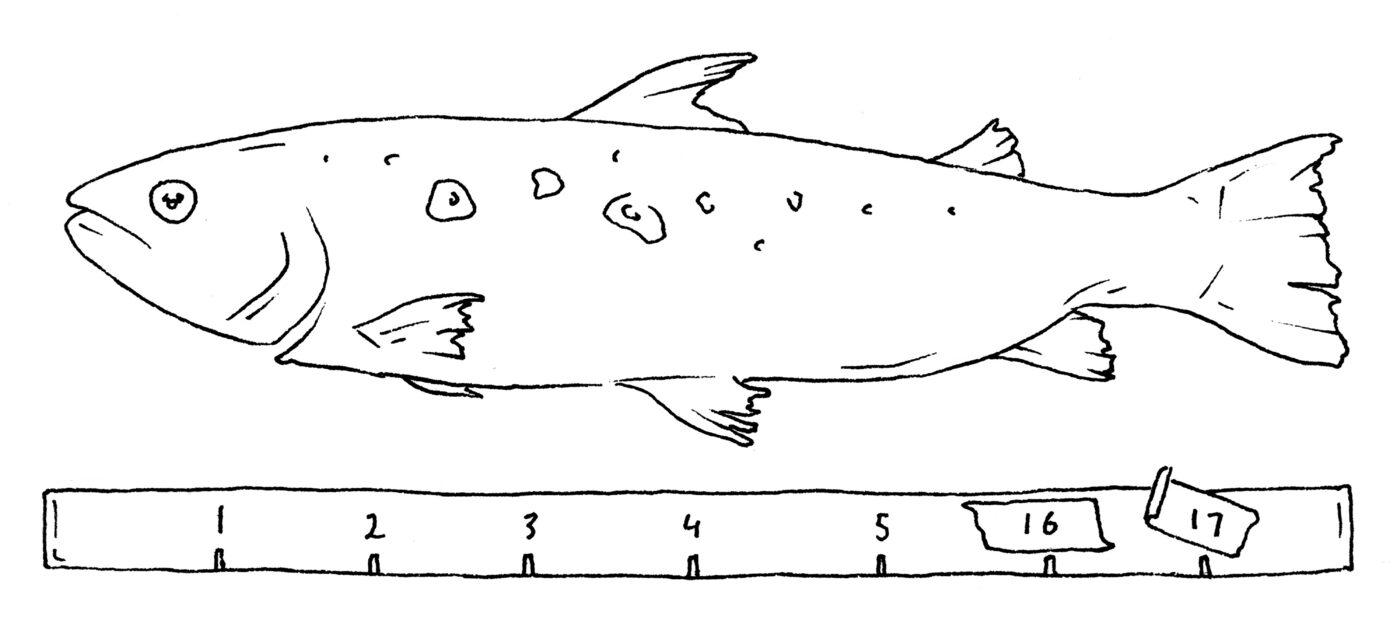
The Activist Angler
Great news! — Center for Artistic Activism Co-founder Stephen Duncombe‘s new book “The Activist Angler” is out. Check OR/Books website to learn more and get a copy! So what is the book about? Elegantly written and charmingly illustrated, The Activist Angler shows how lessons learned from angling can guide political activism and vice versa. Patience, preparation and…
-

Political Imagination
At the C4AA we like to say that: Imagination powers change. And changes power. But why is imagination so important to social and political change. In this encyclopedia article for The Palgrave Encyclopedia of the Possible on “political imagination,” C4AA Co-founder Stephen Duncombe and C4AA alumnus Silas Harrebye explore the whys and hows of activist…
-

Creative vs. Conventional Activism – Published in Social Movement Studies Journal
The Center for Artistic Activism’s Stephen Duncombe and Silas Harrebye’s evidence-based, empirical study demonstrates the effectiveness of creative activism.
-
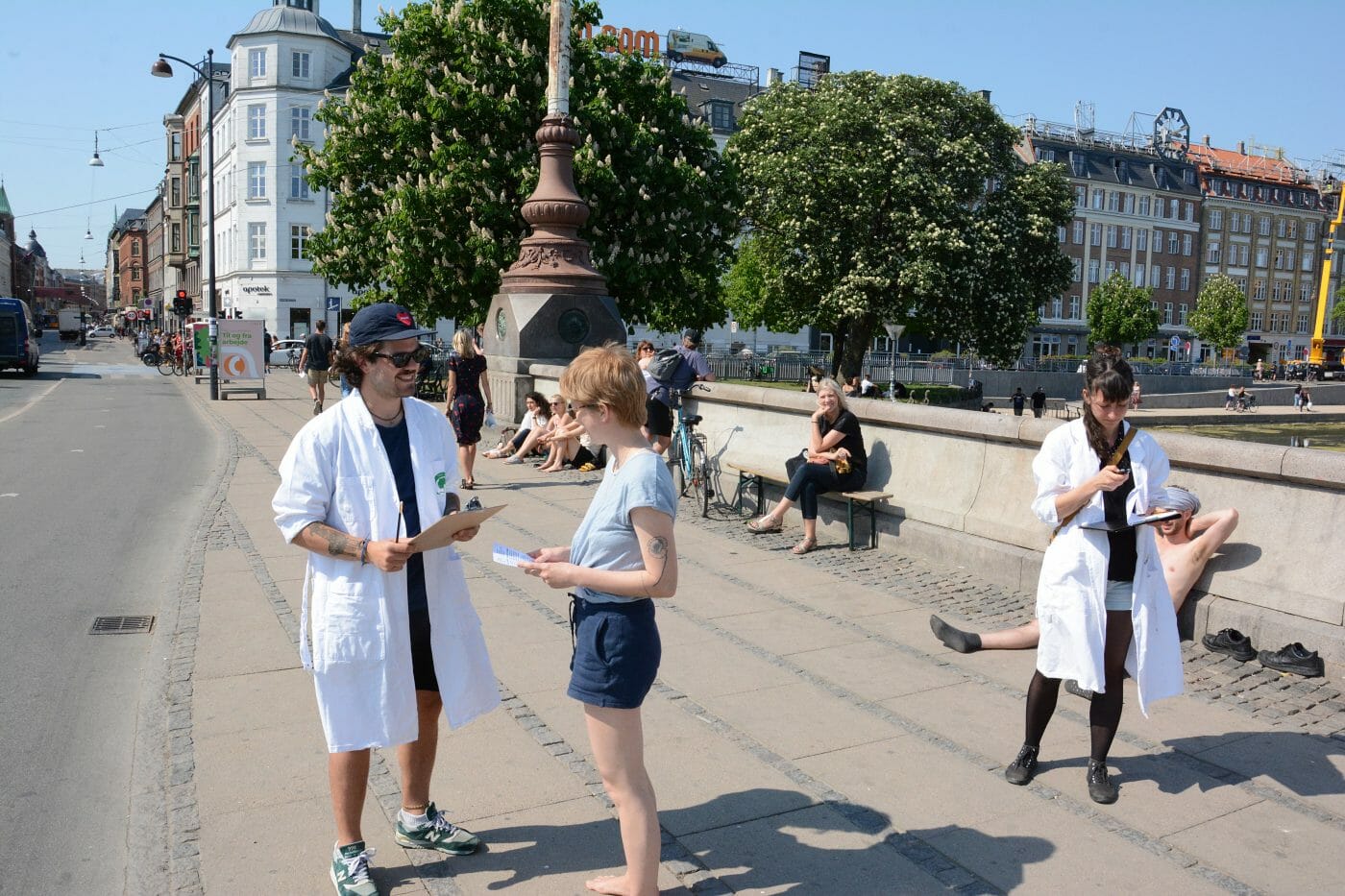
The Copenhagen Experiment: The Report
This is the first ever public experiment on the comparative efficacy and afficacy of artistic activism vs more traditional forms of activist intervention.
-
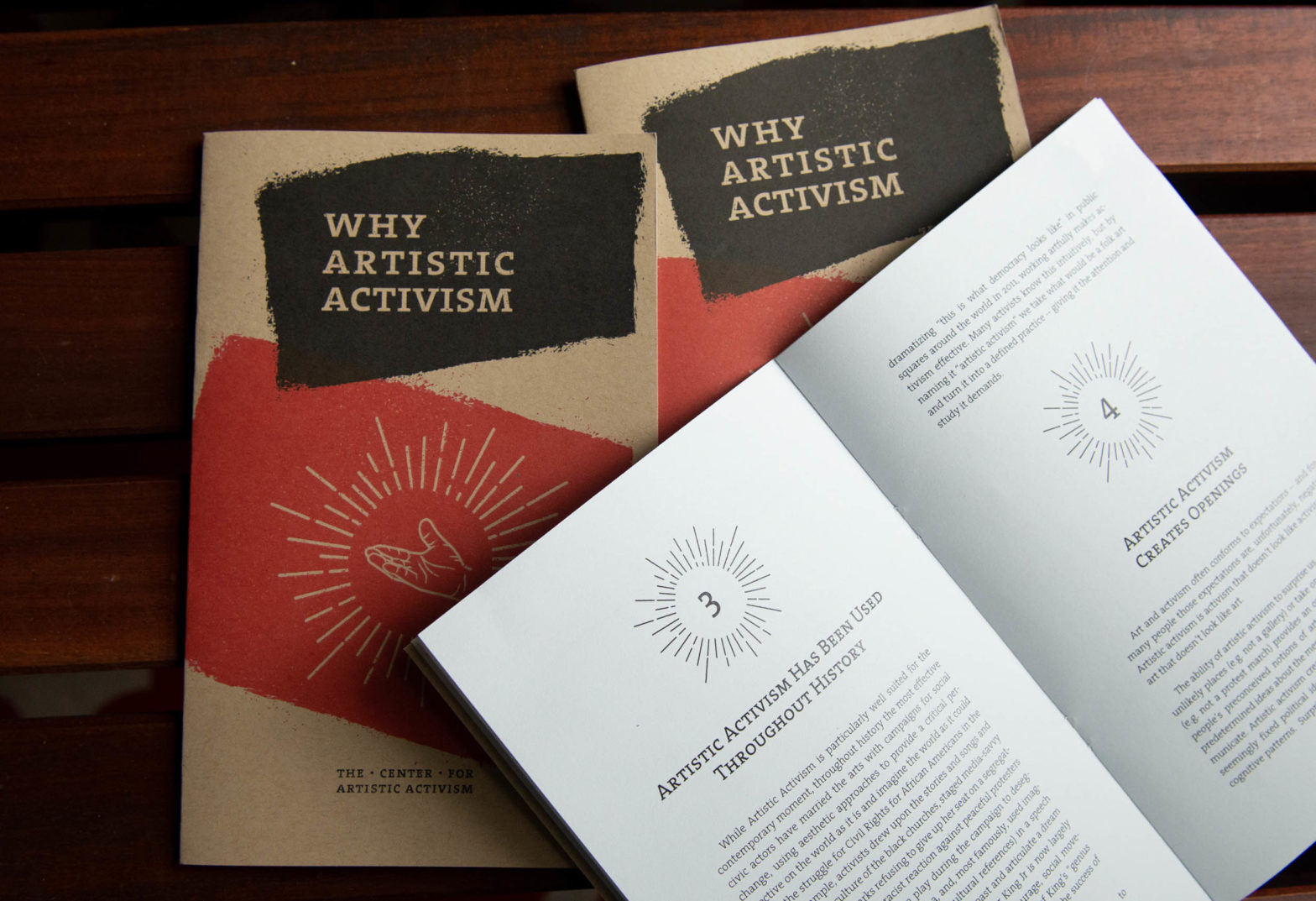
Why Artistic Activism?
Sometimes we’re asked, “what’s this artistic activism thing all about?” and “what’s the difference between artistic activism and regular activism?” or “why would I use artistic activism in my campaign?” As an answer, we offer this primer. Why Artistic Activism: Nine Reasons By Stephen Duncombe and Steve Lambert 1: Artistic Activism Mobilizes Affect and Effect…
-
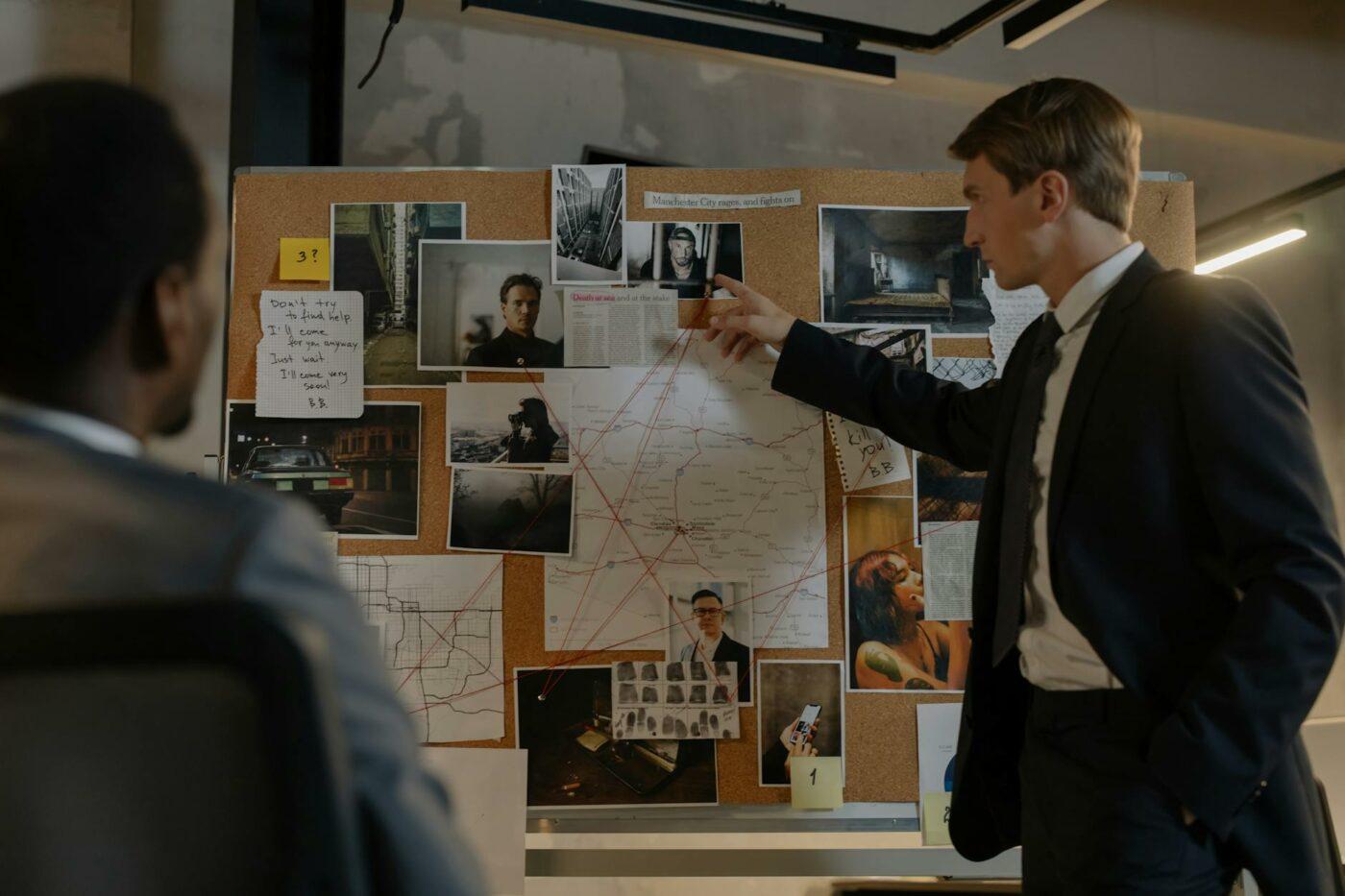
Assessing the Impact of Artistic Activism – Report
After nearly a decade of interviews with artistic activism practitioners and over a year of reviewing academic literature and professional reports, the C4AA Æfficacy Project Research Team has released a substantial report: Assessing the Impact of Artistic Activism. Read and download the full report or a concise 4-page summary. Assessing the Impact of Artistic Activism…
-

DREAM: RE-IMAGINING PROGRESSIVE POLITICS IN AN AGE OF FANTASY – FREE PDF
Dream: Re-Imagining Progressive Politics in an Age of Fantasy, by Center for Artistic Activism co-director Stephen Duncombe is now a free PDF. Part analysis of popular culture, part how-to guide to creative activism, Stephen make a case for how activists can, and must use fantasy and spectacle in their work…and do it ethically. FREE PDF. Dream:…
-

Lessons From Utopia
Adapted from the C4AA’s upcoming book How To Win: The Art of Activism, this is an article by Co-Directors Duncombe and Lambert about how Artistic Activists can use the idea and ideal of Utopia. Lessons From Utopia Part 1 Lessons From Utopia Part 2 Lessons From Utopia Part 3
-
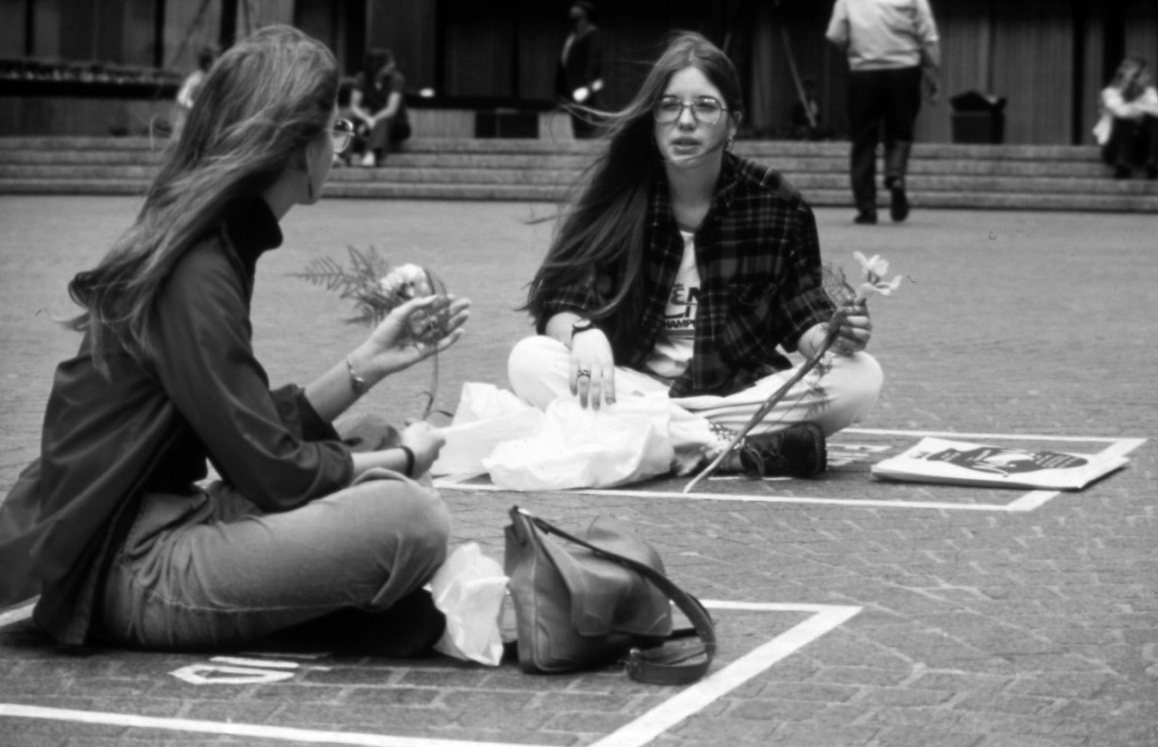
Protest Sign
Leading up to the Women’s March(es) on January 21, 2017, C4AA Co-Director Stephen Duncombe was asked to write about a “political object” for the web journal HiLoBrow. He chose to write about a protest sign he had made and carried at an earlier march.
-
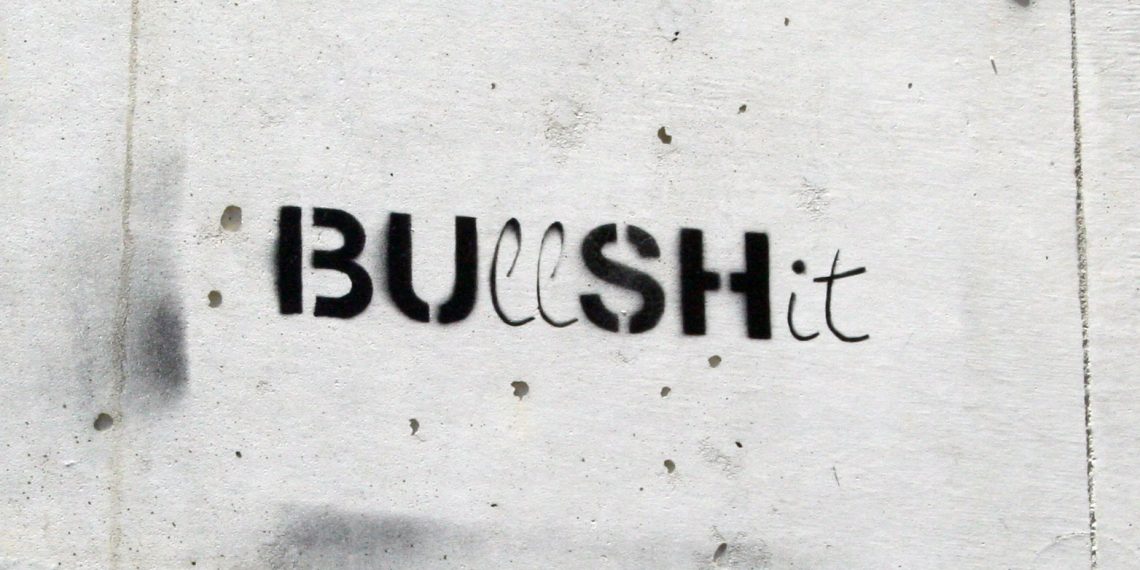
Can Art Save Us from Bullshit? The Practice of Making Political Art that Works
In November of 2016, C4AA Co-Director Stephen Duncombe and School for Creative Activism alumnus Silas Harrebye were invited to Oslo Norway to do a presentation (with local actors!) at the National Theatre as part of the Public Calling conference. They later wrote up a version of this performance, sans actors, for Public Seminar, the web…
-
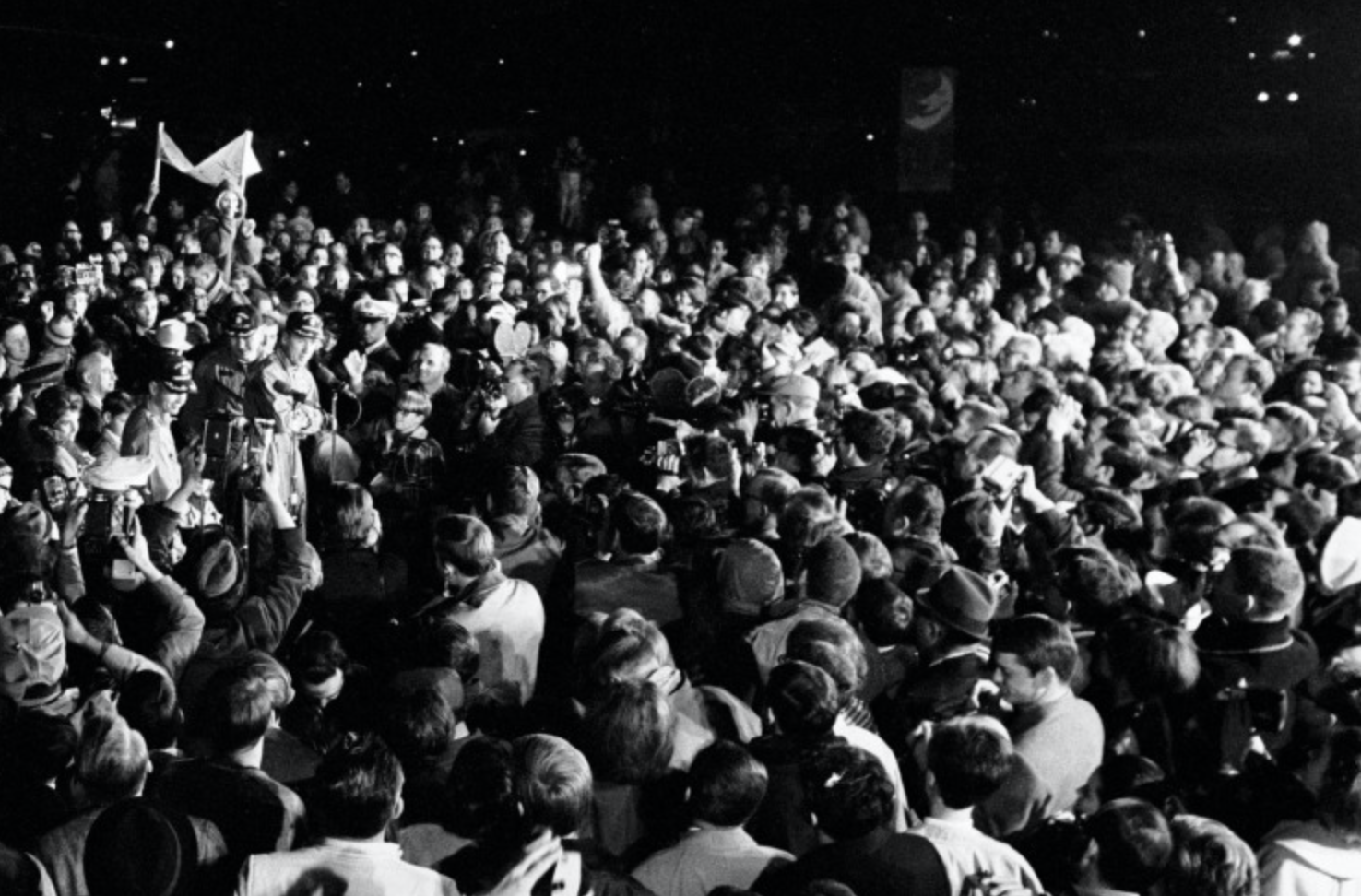
Affect and Effect: Artful Activism and Political Impact
As part of a collection of essays on The Democratic Public Sphere (edited by Henrik Kaare Nielsen, et al.) C4AA Co-Director Stephen Duncombe writes about the history of a protest as a performance, what this looks like in an age of global information flows, and the problems of protocols and interface between spectacular protests and…
-
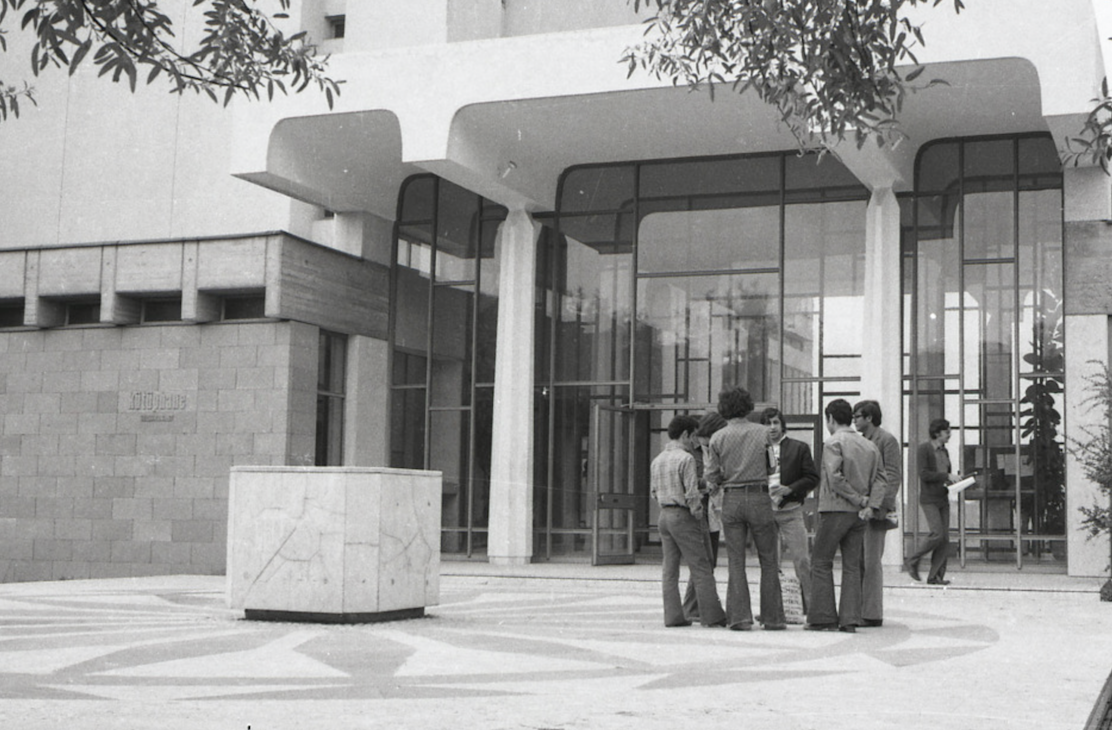
Does it Work? The Æffect of Art Activism
In this article, published in Social Research in 2016, C4AA Co-Director Stephen Duncombe muses on the different ways in which activist art can “work,” In the process, presenting the patented C4AA mathematical formula for success. No kidding, well kinda kidding.
-
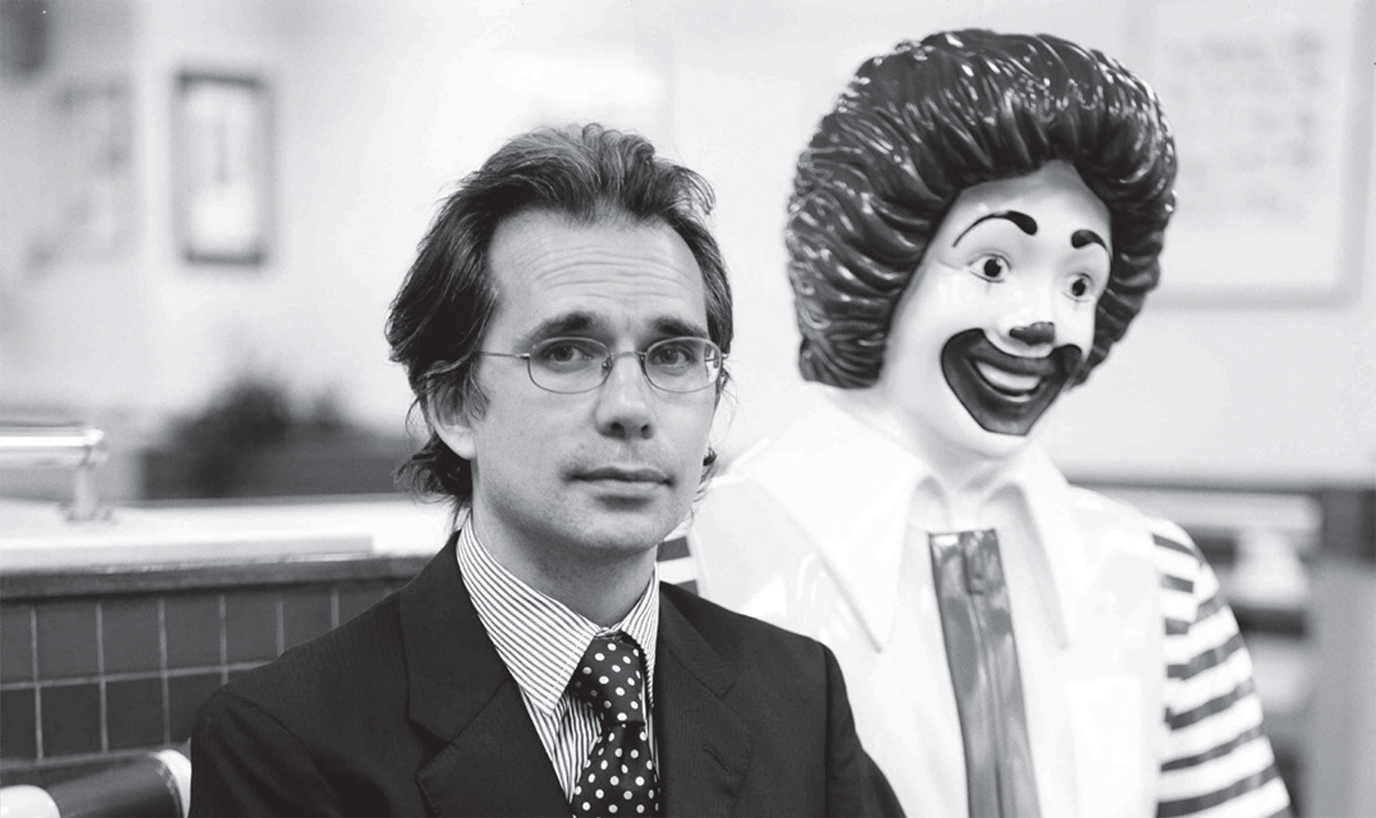
Protest Scenography
C4AA Co-Director Stephen Duncombe considers protest as a performance piece in this short 2013 article in Performance Research, using case studies from the Civil Rights campaign to desegregate Birmingham, Alabama to Occupy Wall Street.
-
Bar-B-Que Utopia
Stephen Duncombe & Steve Lambert “The Good Life” was the mantra of the United States in the 1950s. The country had emerged from a devastating economic depression and a brutal world war into a era of seemingly unbound plenty. The economy was in high gear from the war: there were new products to consume for…
-

No Longer Interested
In 2014, Center Co-Director Steve Lambert was asked to contribute to A Blade of Grass’ ‘Growing Dialogue‘, a series of practitioner-led articles and opinion pieces circling around questions of the affect and effect of art and social practice. Steve’s contribution was No Longer Interested, which you can read below… No Longer Interested I’ve worked to strike…
-
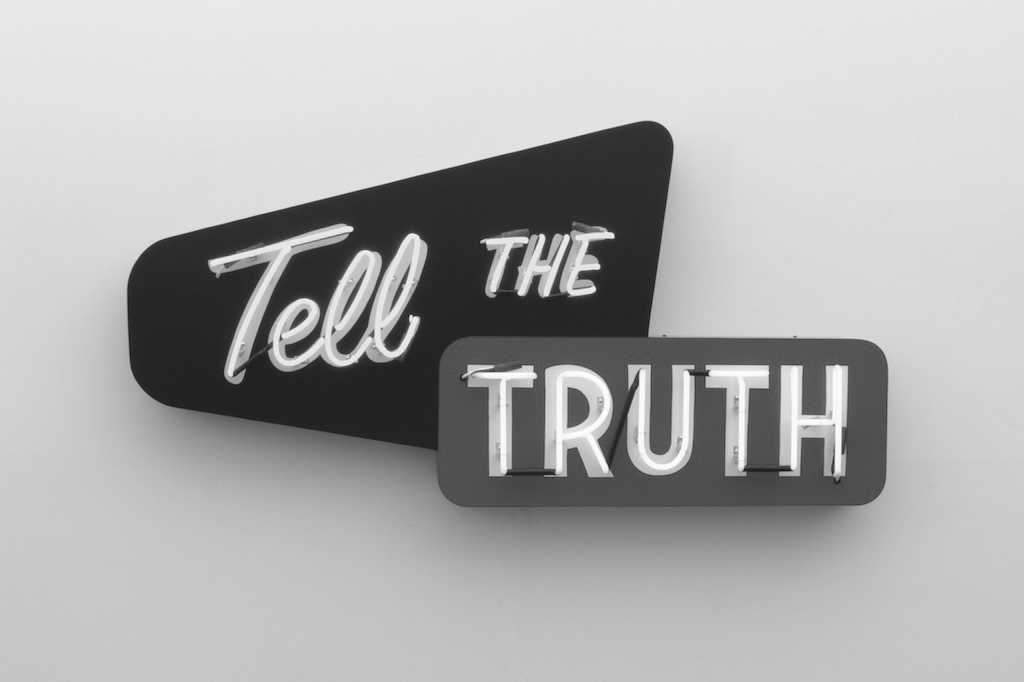
INTRODUCTORY ESSAY FOR ‘TRUTH IS CONCRETE’
In 2014, Stephen Duncombe and Steve Lambert were invited to write an introductory essay for “Truth is Concrete: A Handbook for Artistic Strategies in Real Politics“. It includes essays from, among many others: Andy Bichlbaum, Reverend Billy, Andrew Boyd, Tania Bruguera, Andrea Fraser, Guillermo Gómez-Peña, Hans Haacke, John Jordan, Kalle Lasn, Leónidas Martín, Antanas Mockus,…
-

On Utopia
Keri Smith is a long-time friend of the Center, and even sits on our Advisory Board! For her 2014 book, The Imaginary World Of…, Center Co-Director Steve Lambert was asked to write a few words on Utopia, so he did… (Also – check out her latest book, “The Wander Society“) On Utopia The problem with…
-
‘No One Wants To Watch A Drum Circle’ (and Something for the Letters Section of The Sun Magazine)
Back in 2011, Center Co-Director Steve Lambert wrote a short piece called “No One Wants to Watch a Drum Circle” for the Beautiful Trouble book (which you can read here). That piece was selected to be included in The Sun Magazine in 2014. After it was published, someone who didn’t like his criticism of drum…
-
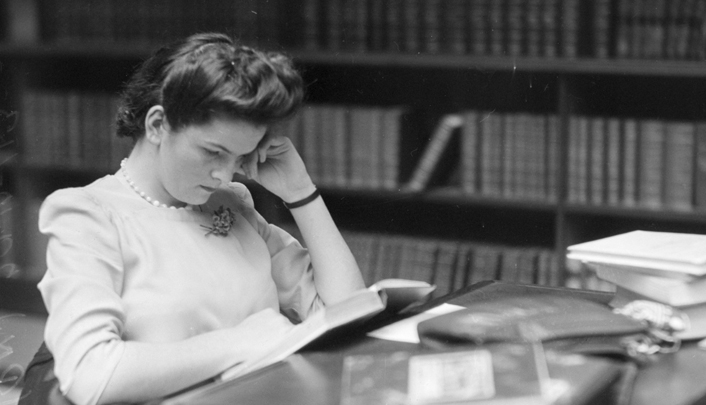
And What Do I Do Now?
Center Co-Director Steve Lambert presented this talk at the Responsible Data Forum in January. We think it’s got a lot to say about how to turn data towards social goals so we thought we’d share it. USING DATA VISUALIZATION FOR SOCIAL CHANGE Those who visualize data can be reluctant to sully themselves in the messy world…
-
And what do I do now? Using Data Visualization for Social Change
Last week, the C4AA’s Steve Lambert attended the Responsible Data Forum on Data Visualization. In this article, Lambert discusses how data visualizations for social change can leverage emotion to achieve objectives. Those who visualize data can be reluctant to sully themselves in the messy world of emotions and empathy. If your goal is social change…



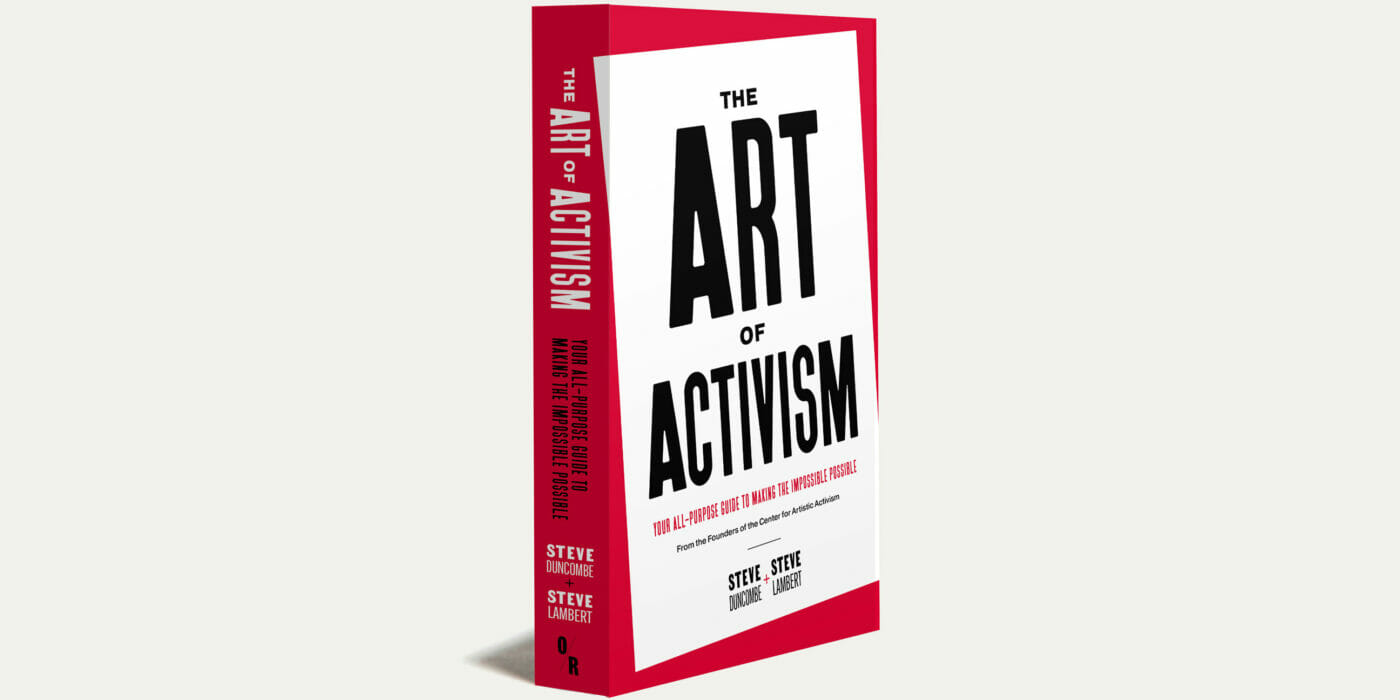
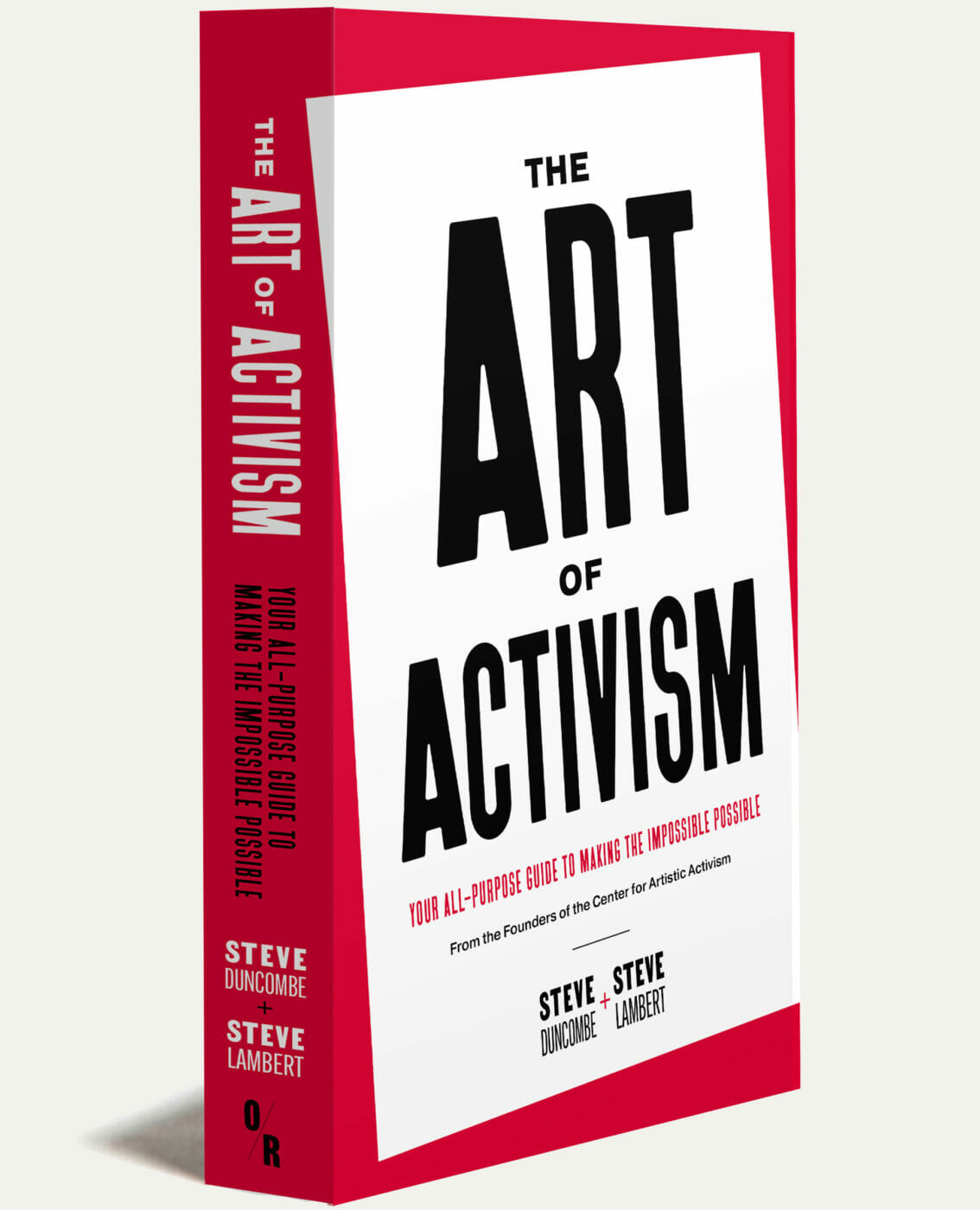
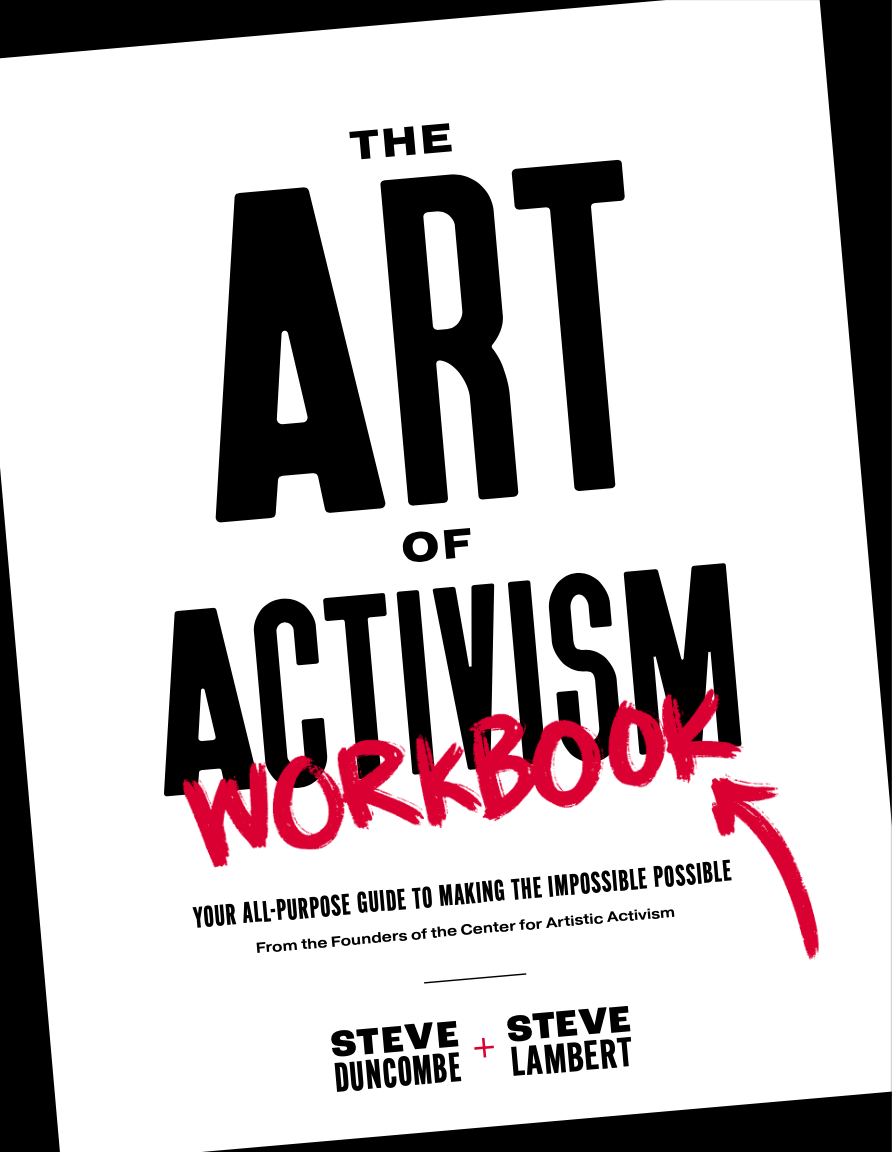
You must be logged in to post a comment.